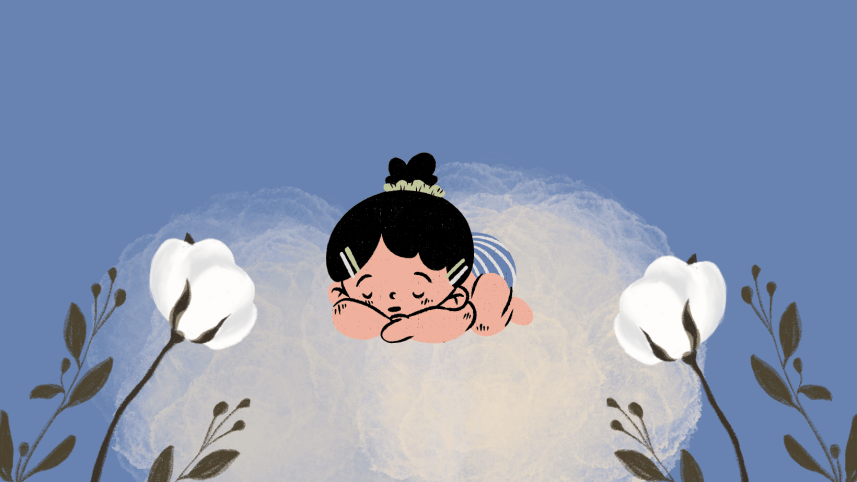Parenthood tips: The psychology of sharing a bed with your children

Bedsharing has got to be one of the most debated topics in modern parenthood. While safety experts continuously warn against it, more and more child development research suggest that the practice is beneficial for children, both biologically and psychologically.
From suffocation to overheating, attachment issues and even spoilt children, sharing a bed with kids has been blamed for almost everything under the sun. Here's the thing, while it is always better to err on the side of caution when it comes to child safety, there is another, perhaps more forgiving way to look at the concept of bedsharing; one rooted in caution, as well as in core human instinct.
Over time, people have been conditioned to please others, chase top grades, and relentlessly look for their "dream careers." They have read too much into the productivity myth — hustling 24/7, and stretching themselves as thin as possible without breaking under pressure. The higher the burnout, the stronger they feel. Along the way, people find themselves losing their abilities to unwind, live in the moment, and cherish their closest relationships.
This seemingly impersonal approach to life, of course, goes for a toss once there is a baby in the picture. One of the most natural, yet transformational changes that parents go through is when a baby starts to rely on them for its very survival and stakes claim on all of their time and space, right from the word go. Babies need to be picked up, fed, cleaned, and rocked to sleep multiple times a day and as non-verbal beings, are designed to respond only to parental touch, sound, taste and smell, as opposed to external stimuli, at least for the first few months of their lives.
Suddenly, formerly busy executives and creative heads have to slow down and pay attention to what's important, especially if it's being communicated in howls and whimpers. In an era that promises a picture-perfect parenthood, with babies sleeping through the night, monitors keeping guardians aware of their every move as they work, and parental guide books that offer a world of control, these headstrong, temperamental bundles of joy make the caregivers realise that parenting was never meant to be as detached or scripted as all that.
Babies need proximity to their fathers and mothers, not gadgets. And it takes a good minute for the hard-wired, techno savvy brains of today, to wrap their heads around that.
The Japanese believe that shared sleep not just benefits children, but also parents. It generates a deeper bond between the two, and regulates sleep patterns and heart rates. Contrary to popular opinion, co-sleeping does not spoil children. Rather, it encourages feelings of safety in them, provides parents with space and time that is solely reserved for their children, and is largely, an enjoyable part of the day for both parties.
Apart from the apparent physiological benefits of co-sleeping, the practice also forces parents to slow down, and enjoy moments which they would miss on a baby monitor or while at work. It helps them find joy in the mundane and the ordinary, reconditioning them to pay attention to the more important things in life, especially those that lie outside their daily grind.



 For all latest news, follow The Daily Star's Google News channel.
For all latest news, follow The Daily Star's Google News channel.
Comments